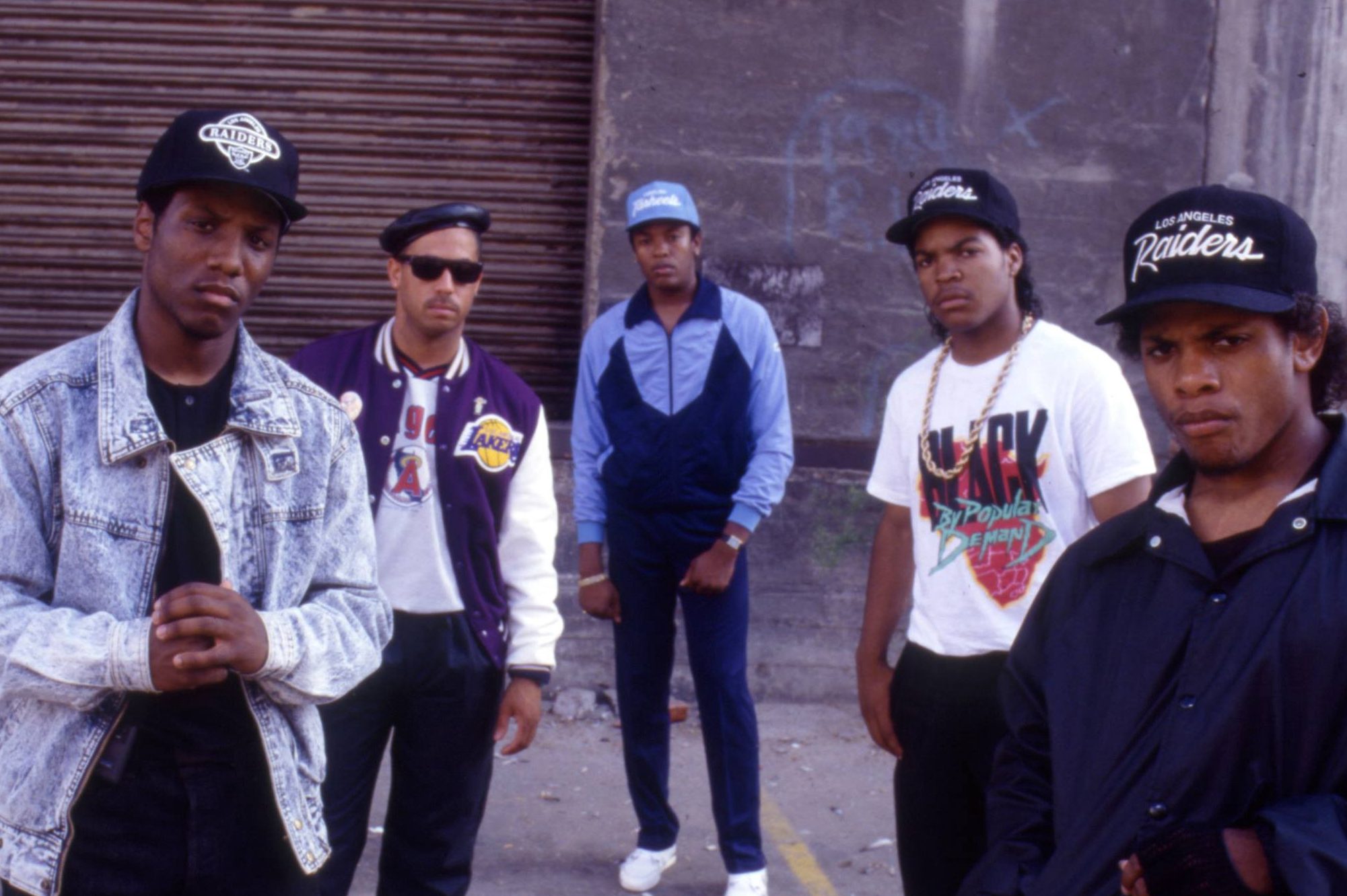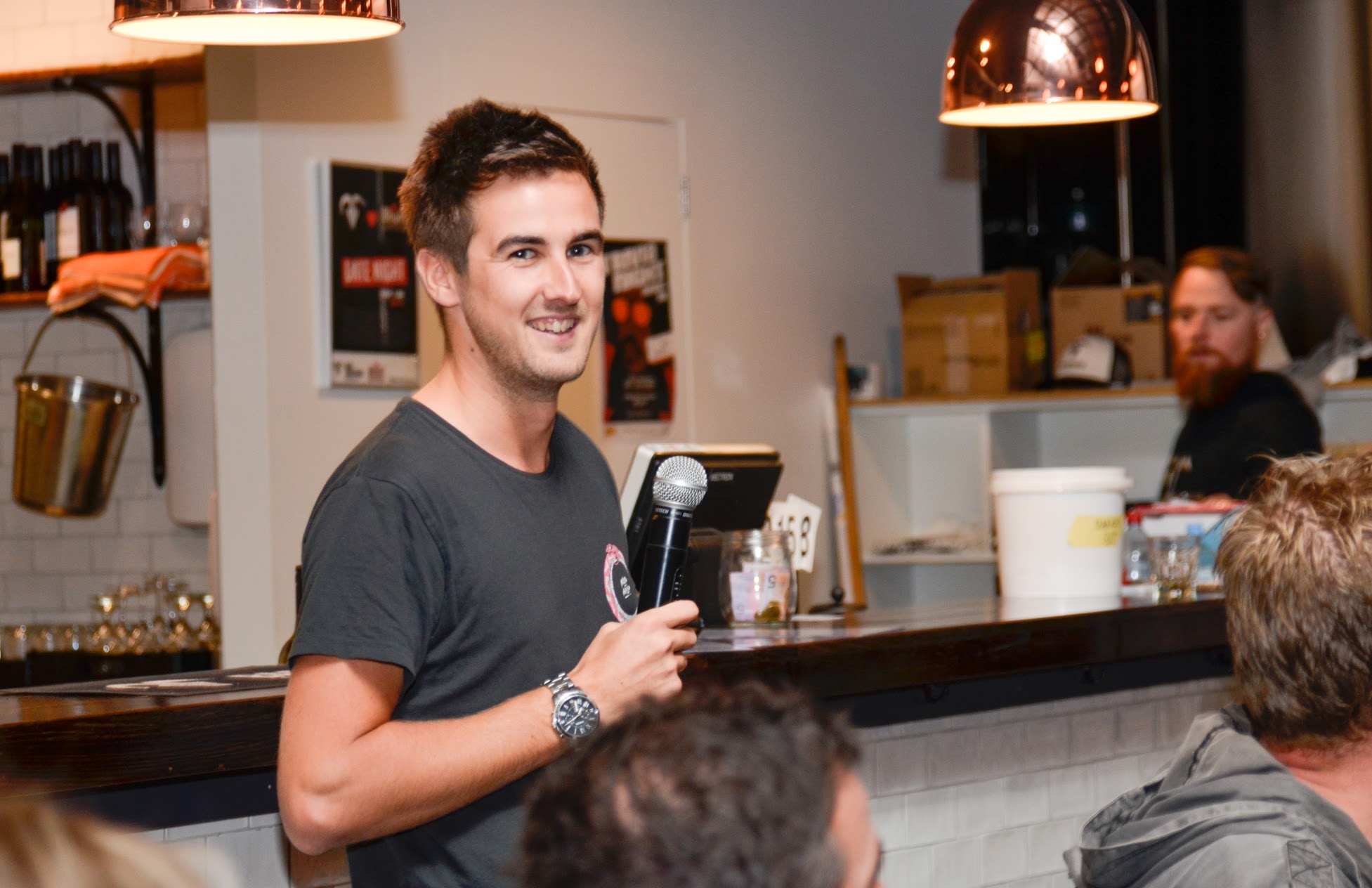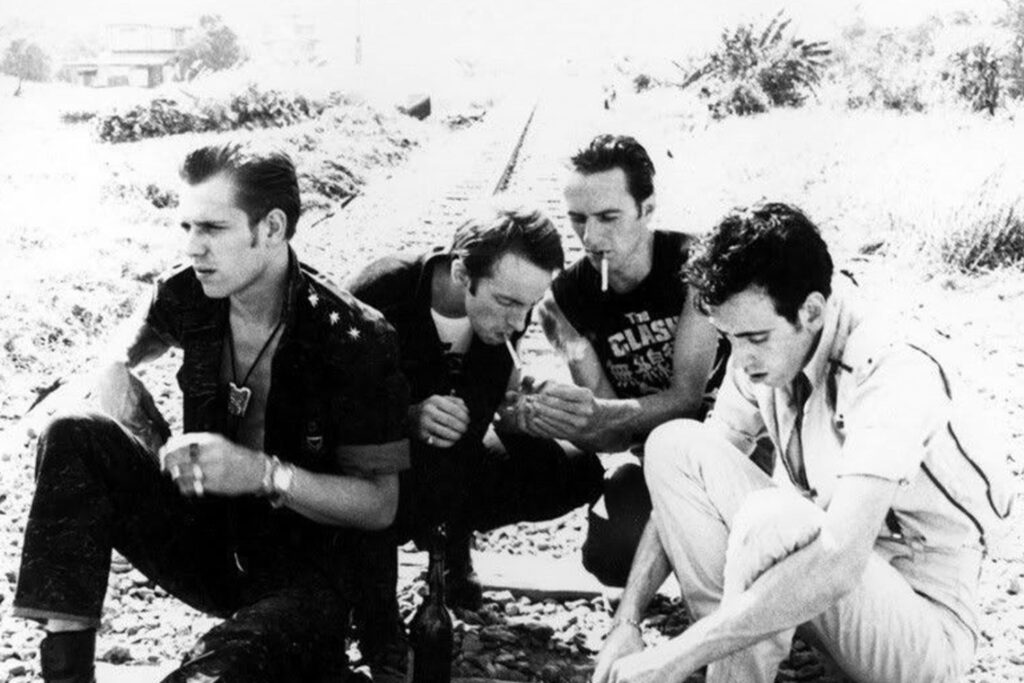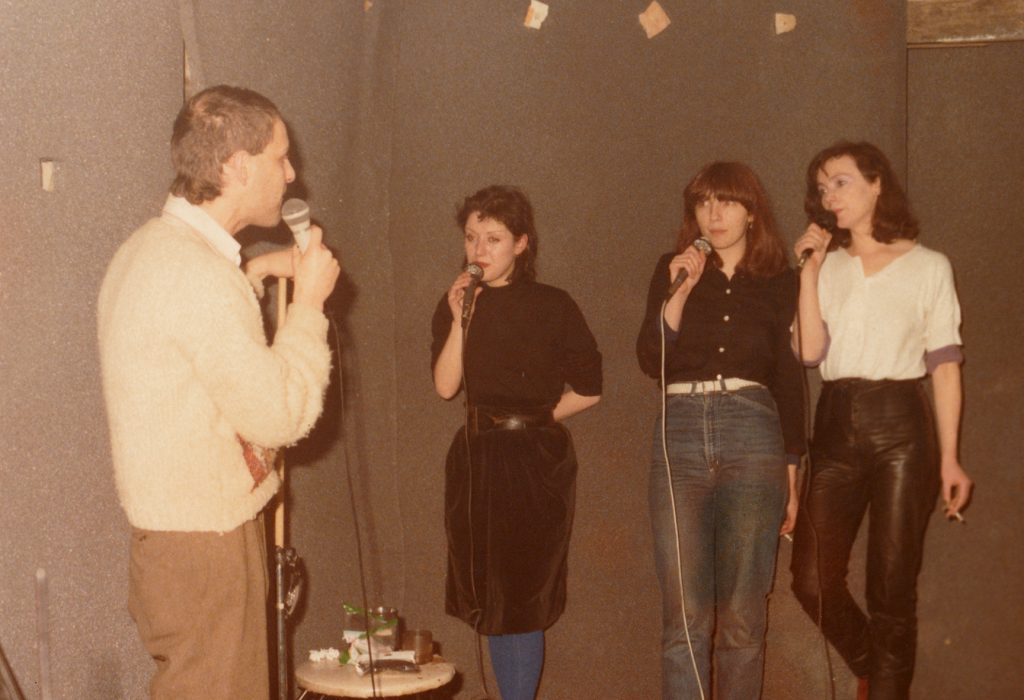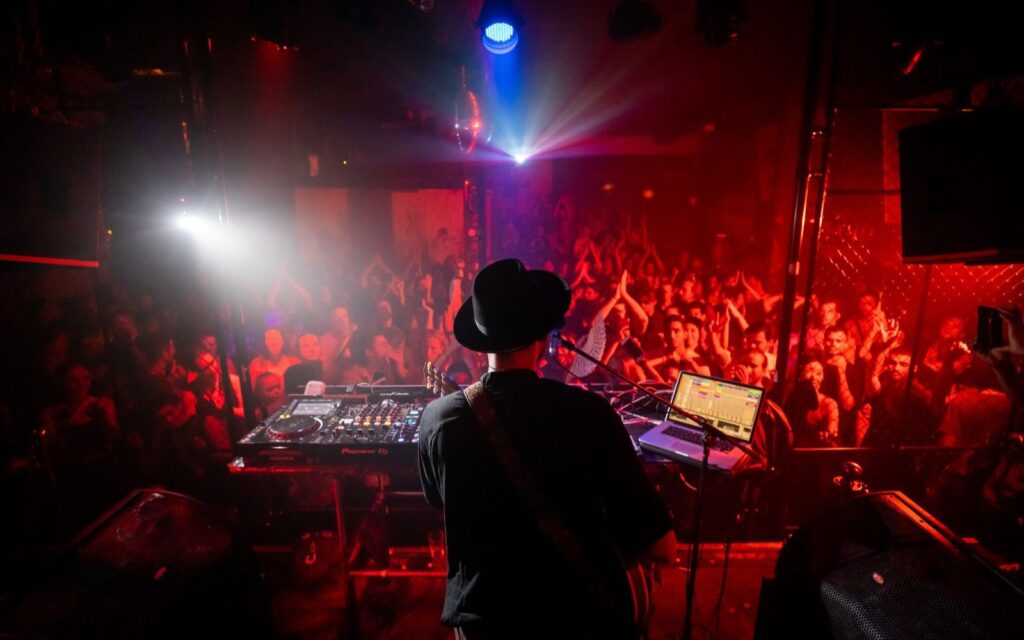Over 30 years on from its release, Straight Outta Compton is as powerful as ever.
In 1988, the Californian city of Compton was a cauldron for incessant crime. It was an oasis for drug-fuelled gang warfare as crack cocaine littered the streets, seeping from the drains. LAPD Chief, Daryl Gates, had shaped a paramilitary fortress lined with a pungent racist undertow.
As a professional, Gates was brutal and excessive. He used diction to scare, but vocal intimidation would soon boil over and his volcano would erupt. Cue the heedless drug raid of August 1988, a colossal flexing of the bicep which left dozens of African-Americans bruised and battered.
Homes became shantytowns as insurgents smashed furniture, punched holes in walls and ripped down cabinet doors. It was mission accomplished for Gates, whose upmost desire was to trigger fear into the gangs, which he decreed the goads of community cataclysm.
Enter N.W.A, a local rap collective with a razor-sharp tongue. Just seven days after the scandalous ‘88 raid, Eazy-E, Dr. Dre, Ice Cube, MC Ren, DJ Yella and Arabian Prince would combine to release one of the most provocative forays in gangsta rap.
Straight Outta Compton was a forthright and incendiary appraisal of the state of a neighbourhood. With an undivided devotion to the brotherhood surrounding them, N.W.A weren’t happy to be conduits, they wanted to be whistle-blowers.
The album consisted of 13 songs, all with brash and satirical linings. If the opening title track was its most popular, then ‘Fuck tha Police’ was certainly its most controversial. The five-minute sledgehammer was malicious enough to put the N.W.A on the FBI watchlist.
As the rising rap group were becoming dynamos on the live stage, the playing of ‘Fuck tha Police’ was enough to trigger police mutiny on a nightly basis. Behind cop doors, this song was satanic.
Pertinent at the time, ‘Fuck tha Police’ would gain another stride four years later. In 1992, Los Angeles descended into chaos following the police beating of African-American taxi driver Rodney King.
The riots resulted in the deaths of 63 people, while more than 2,300 were injured and more than 12,000 arrested. As corruption in law enforcement reached crisis point, ‘Fuck tha Police’ was the voice for a whole race.
Straight Outta Compton wasn’t always brazen, tracks such as ‘Express Yourself’ and the ‘Something 2 Dance 2’ were flickering floor-fillers and showcased the producing talent of concealed disc jockeys, DJ Yella and Dr. Dre.
Off the back of this, N.W.A’s debut album, Yella and Dre would forge their identity as gifted crate diggers who celebrated the legacy of funk and soul. In an era where Rick Rubin was catapulting the Beastie Boys, Public Enemy and Run DMC to fame, Yella and Dre were getting their hands dirty, doctoring a raft of significant grooves which stood the test of time.
As ‘Fuck tha Police’ confronted and ‘Express Yourself’ glimmered, the cuts ‘Straight Outta Compton’ and ‘Gangsta Gangsta’ continued the group’s campaign against U.S. law enforcement.
Meticulously shadowed by a Winstons’ funk loop that’s both hooky and uncompromisingly rigid, ‘Straight Outta Compton’ champions the team power of Ice Cube, Eazy-E and MC Ren and catapults it to the stars. West Coast hip hop was now etched on the map.
Transporting to the 21st century, racial discrimination has been the Molotov cocktail to America’s desired legacy as an inclusive democracy. It’s been the singular overarching issue plaguing the nation since its genesis and hasn’t shown sustainable signs of suppressing any time soon.
As such, Straight Outta Compton maintains its muscle despite the decades passed. America’s robust approach to law enforcement continues to polarise opinion — according to The Washington Post, police fatally shot 987 people in 2017. Of this, male African-Americans made up 22 per cent of the killings, despite bridging only 6 per cent of the population.
Up to June 6, 2018, 439 people had been fatally shot by the police, of which 84 were male African-Americans. Some shootings are validated yet many are products of police overzealousness.
Stephon Clark, a 22-year-old African-American, was shot eight times on March 18, 2018, after police suspected Clark had been breaking windows in a Sacramento neighbourhood. After approaching Clark, the police mistook his mobile phone for a gun, and proceeded to shoot with fatal results.
Closing in on Los Angeles, the metropolis nearer to the heart of Straight Outta Compton, the story of 16-year-old Anthony Weber ascends. A city strewn with crime and poverty took the life of Weber, the teenager was shot and killed by police on Sunday February 4.
Weber had allegedly pointed a gun at a motorist earlier that day, officers pursued him, and by 8:15pm, Weber was killed after deputies noticed the suspect with a handgun tucked into his pants. Up until June 6, that firearm was still missing and police were condemned for acting so strongly to the incident.
Living in 1988, Clark and Weber could’ve been victims of Gates’ haphazard raid. Maybe they’re felled at the hands of the LA riots four years later. Maybe they’re simple victims of police violence on the streets — “but my pockets are empty”. No matter the situation, N.W.A would’ve been there as fellow prey and commentators, and they’re still here now.
To this day, America’s black community scold “fuck tha police” at every protest, they wear their heart on their sleeve as a vicarious nod to ‘Straight Outta Compton’. ‘Gangsta Gangsta’ is their strength — life on the streets is tough, but that doesn’t mean there’s no fun to be had.
Today, more than ever, Straight Outta Compton ascends vividly from the streets. The influence might be subtle, but not many rap albums have carried the honesty and intimidation of this ‘88 capsule. The N.W.A seams have severed but Straight Outta Compton remains unified, now and forever.
Never miss a story. Sign up to Beat’s newsletter and you’ll be served fresh music, arts, food and culture stories five times a week.
